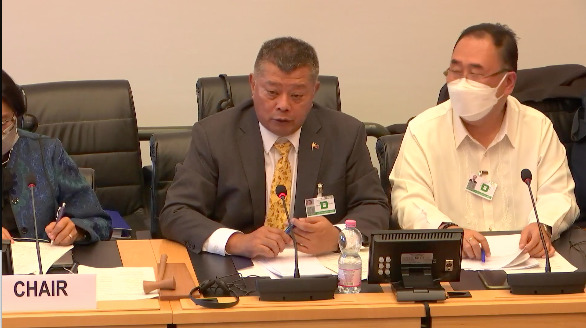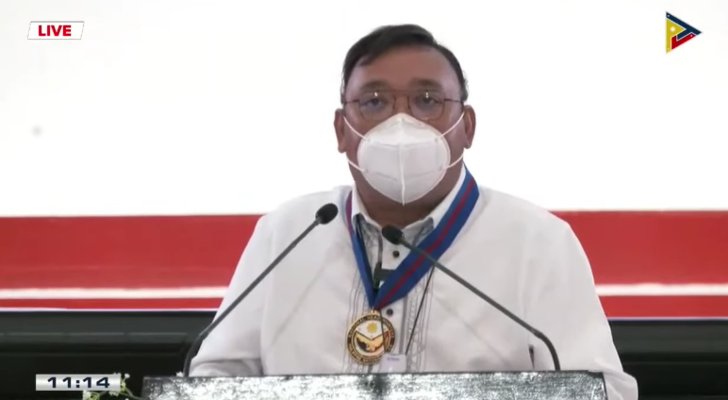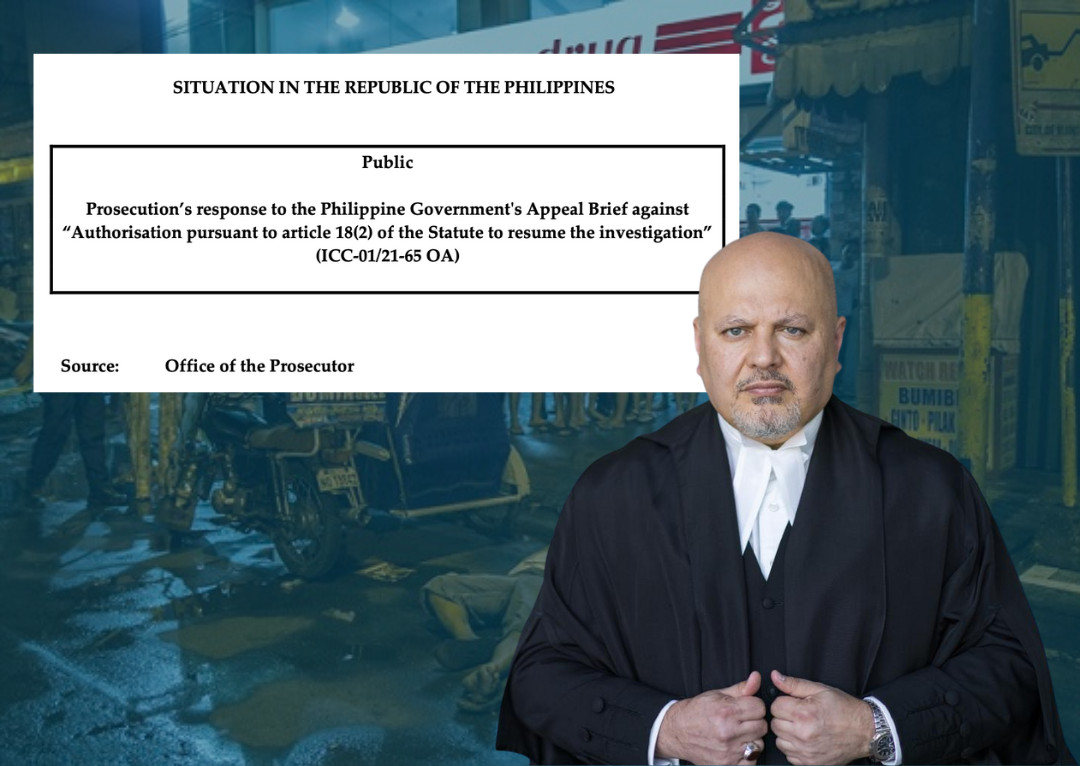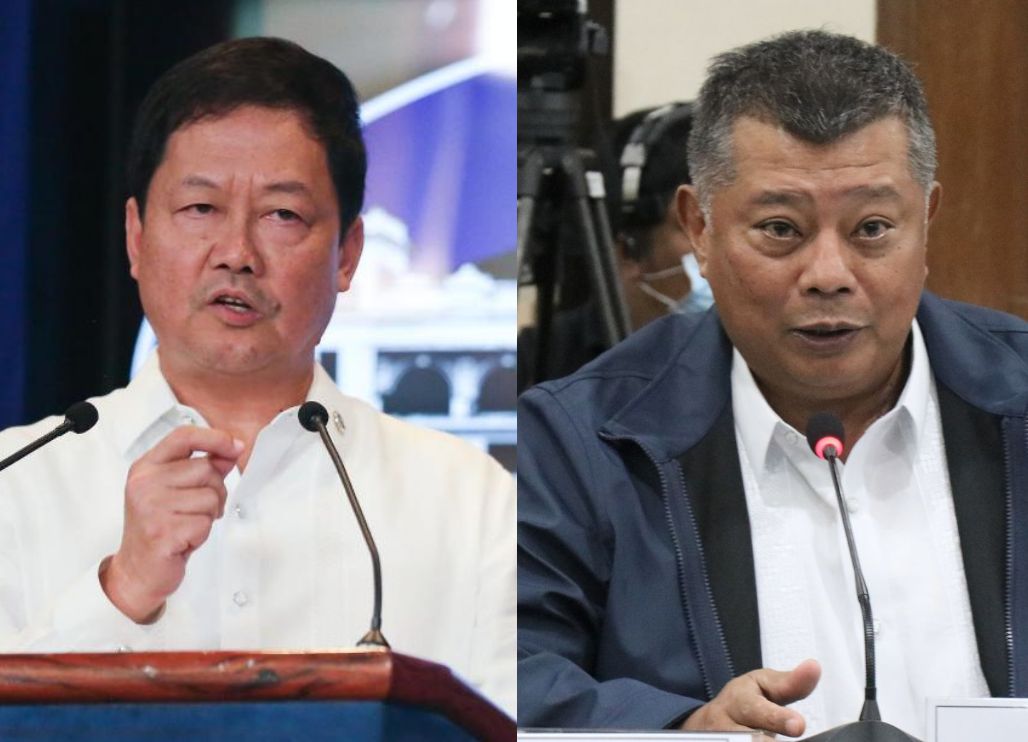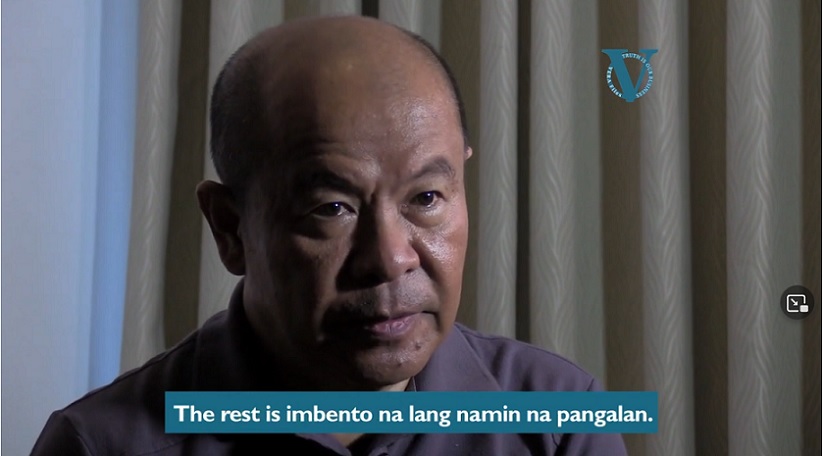
Arturo Lascañas
Apart from unmasking the existence of the Davao Death Squad, self-confessed hitman Edgar Matobato had also introduced the name of Arturo Lascañas. In the private interview he gave after Rodrigo Duterte had won the presidency in 2016, when he was no longer in the Department of Justice’s Witness Protection Program, Matobato described the dominance that Lascañas had enjoyed in the DDS hierarchy.
Asked who decides whom to kill, Matobato alleged in his reply: “From the mayor, the one who decides is Arturo Lascañas. This Lascañas was his right-hand man. He is the team leader of the DDS or the Davao Death Squad. That’s SPO3 Lascañas. Even the police colonels and RDs (regional directors) had to go through Lascañas, whom Duterte trusted. He decides who the station commanders are in each district in Davao city. If you don’t pass through him, you will never land a position.”
Asked if Duterte was behind the killings, Matobato charged: “Yes, you cannot just kill anyone in Davao city without Duterte’s approval. Otherwise, you will be charged. Who would have a liking for killing without anyone acting to shoulder for you? If no one will shoulder for you, you will go to jail. Of course, we had Duterte’s confidence in Lascañas, and I was Lascañas’s bodyguard. I was always behind him. For example, if they met and ate together in a table, I was in the next table and I would hear their conversations.”
Interviewer: So did you see and hear Duterte meet with Lascañas?
Matobato: Yes, he would always put his arm around Lascañas and pat him on the shoulder to say, “Tur, without you Davao city will not be peaceful.”
I: That is really your personal knowledge?
M: Yes, personal knowledge. Of all the police personnel in Davao city, he is considered the most terror police.
I: Where is he now?
M: He is in Heinous.
I: Still active?
M: Yes still active. He will retire this 16th.
Indeed, Lascañas would retire in December 2016. If we go by chief prosecutor Fatou Bensouda’s expansion of the scope of her request to investigate Duterte in the International Criminal Court, parts of Matobato’s confessions would qualify to cover November 2011, the beginning of the time scope.
Whether the court will accept it as evidence is another matter and is beyond us at this time. That may be announced together with the decision of the pre-trial chamber on the Bensouda request. If the pre-trial chamber rejects the Bensouda request for investigation, Duterte may not run for vice president anymore.
On the other hand, what can be more certain is the possibility that the Lascañas confessions have reached Bensouda. It’s the 12-page affidavit signed and notarized on February 19, 2017 that was published by VERA Files on February 26, 2017 together with the article, “Lascañas: ‘Superman’ ordered death of political enemies, innocents” by Charmaine Deogracias.
Lascañas had also given four tell-all interviews: Rappler Talk Investigative (“Arturo Lascañas, Duterte Loyalist No More”), ABSCBN News Channel’s (ANC) Karen Davila (“Lascañas opens up on Duterte, details confessions”) INQUIRER.net’s “INQ&A; with Arturo Lascañas” and VERA Files (“Lascañas says Duterte paid him using Davao City’s ‘ghost’ employees”).
In the beginning, Lascañas testified in the Senate against Matobato, whom he had fiercely rebutted, even under the relentless grilling of a very probing Senator Antonio Trillanes. He then relates what happened: “One week later, I had a change of heart and went to see a friend nun in Manila who used to be assigned in Davao. This was in 2016. I [told] the nun that I wanted to confess to a priest. At the end of that year, I went back to Manila on December 22, 2016 after I had retired. I confessed everything to a priest. It was a group confession. Nuns were present during my confession. It took us several days of sessions.”
In his February 20, 2017 coming-out press conference, during which lawyers of the Free Legal Assistance Group (FLAG) surrounded him, Lascañas confirmed that Edgar Matobato was telling the truth about the existence of the Davao Death Squad. He would repeat those allegations in subsequent interviews.
What interesting highlights did Lascañas unravel in his series of public interviews?
On Rappler and ANC, he explained why he lied in the Senate. His narration of the origins of the DDS coincided completely with Matobato’s account.
Lascañas claimed he was still in the kill reward payroll of Duterte until the first week of January 2017. If true, this means he may have knowledge of evidence that will be pertinent – that is, evidence falling within the ICC temporal jurisdiction beginning November 1, 2011.
In the Inquirer, Lascañas alleged the DDS had become a “monster” because it had attained a “by-product”: they had morphed into killers for hire. It had developed its own political economy, running brisk business with death.
He related their capture of a Taiwanese drug lord based in Davao city. After the incident, he claimed to have spoken with “Superintendent Bato” (now Sen. Ronald Dela Rosa) about it. The latter reportedly disclosed to him: “That was just like an elimination of competitor.”
Dela Rosa, one of the respondents named in the ICC, will have the opportunity to rebut Lascañas in The Hague.
VERA Files contacted Dela Rosa’s office for the senator’s side. The request for a statement was forwarded to the media team. No statement as of this writing.
Subsequently, Lascañas again related the story about Paolo Duterte and Charlie Tan when the latter was suspected by Paolo of having a shipment of shabu (methamphetamine hydrochloride) from Mainland China, but which they did not seize allegedly on orders of Paolo himself. Lascañas thus charged: “There are about five drug lords there, including Peter Lim.”
In the March 11, 2017 article that Ellen Tordesillas wrote about the incident (“Malacañang shaken by Lascañas exposé”), Vera Files had published Paolo Duterte’s reply to this allegation: “No less than retired SPO3 Lascañas admitted that he sought the help of Senator Antonio Trillanes in recanting his earlier Senate testimony. This only shows that Trillanes is behind the latest Lascañas testimony that not only dragged the name of President Duterte in the summary killings but also tried in vain to include me and my friend in the illegal drug trade.”
Lascañas related that Edgar Matobato was with him starting 1997 until 2013. The operations of the Anti Heinous Crime unit of the Davao city police office continued until 2013; the office was at the Almendras Gym. These are time periods that fall within the ICC prescription period.
Will investigators find evidence after 2011? Lascañas says yes. He explained that many killings were just reported as homicides under investigation (HUI) by Davao police, in the same way drug deaths are now being accounted for under the Duterte administration. But he also alleged: Davao police brought in the funeral parlors so that they will earn commissions from the funeral parlors, even if the victims are listed in the police blotters as “unknowns.” Notice the similarity with present-day killing operations in Metro Manila, where suspicions have also risen on the connivance of funeral parlors with police involved in the killings.
Lascañas charged that when Inday Sara Duterte-Carpio was mayor (June 30, 2010 to June 30, 2013), the allowances for the killings did not stop. In the interview he gave to VERA Files, he said that he received P118,000 every month from the Davao City government as a member of the Davao Death Squad. Matobato had used the term “ghost employees” to describe members of the DDS in a fake payroll. In 2015, the Commission on Audit flagged the Davao city hall for about 11,000 ghost employees. Lascañas told VERA Files they had invented names on their “payroll.” He said he would sign on yellow paper receipts that had mostly blank entries.
Through social media accounts, VERA Files contacted Paolo Duterte and Sara Duterte-Carpiofor their comments. No reply as of this writing.
Lascañas was asked about documentation done by private independent organizations in Davao city that recorded 1,424 deaths from 1998 to 2015. He scoffed at the number. “That is a small number. Those are only the bodies that were found. They did not find the bodies we had buried at the Laud Quarry and those we had dropped to the sea.” Of that number, over 100 were allegedly minors. He also confirmed the killing at one time of a three-year-old child on Pampers diapers.
Lascañas, the once-trusted kill squad top honcho of Davao city that he claims he was, had these words of advice to his former principal: “Duterte cannot keep this hidden. It will all come out because of the magnitude of the deaths, even if we do not count the deaths in Manila when Duterte had become president.”
The views in this column are those of the author and do not necessarily reflect the views of VERA Files.
